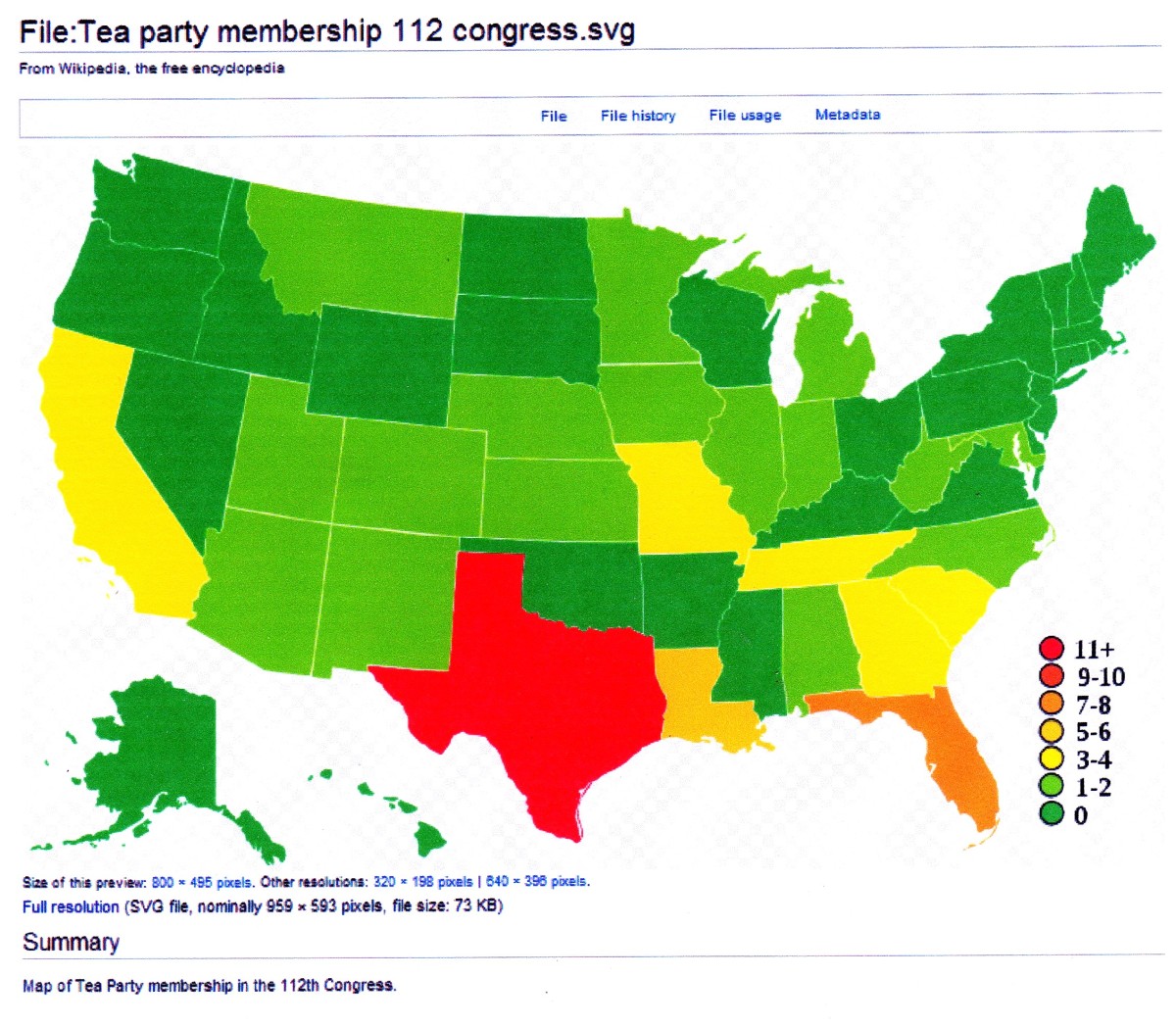Why Republicans Should Try to Lose the 2016 Presidential Election

How losing can help the GOP win
I’m starting to think that the Republican Party wants to lose this year’s presidential election. When you look at the two men leading the delegate count, it seems that the voters are going out of their way to pick someone who can’t win. It’s no wonder that the party leadership is pulling its collective hair out. We have a man currently on top who, in addition to not being much of a conservative, has a talent for offending virtually every demographic in the country (except for white dudes). In second you have Ted Cruz, a Senator who has quickly made a name for himself over the past few years by openly criticizing and defying the party establishment at every opportunity. It’s actually kind of fun to watch some of Cruz’s congressional colleagues suck it up and endorse him as the only seeming alternative to the Donald.
You could make a strong case that the Republican Party is reaping the consequences of political forces that have served them well in recent years. Cruz was swept to the Senate as part of the Tea Party wave that has been so crucial to Republican success since the election of Obama. Fed up with that supposed socialist Obama and the establishment Republicans who had not gone far enough in rolling back federal government spending and regulation, Tea Partiers promised to blast into Washington and clean the cesspool up. Emerging as one of the Tea Party’s strongest spokesmen, Cruz has more than once shown that he is willing to shut down the government in order to get his way. According to Cruz and his supporters, the era of compromise and corruption was coming to an end.
Trump, on the other hand, has employed a somewhat different strategy. While also ranting and raving against establishment Republicans, Trump has gotten the most attention for his statements about illegal immigrants and Muslims. In saying these provocative things, Trump has been capitalizing on the nativism that has been lingering slightly beneath the surface in the thinking of many Republicans for decades. Ever since the Democrats became the party of civil rights in the 1960s, some have gravitated toward the Republicans in an effort to defend the mainstream (white) American culture from foreign (non-white) influence. With the election of Obama, that nativist streak became even stronger, and it should be no surprise that Trump, one of the most outspoken proponents of the birther controversy, would be the one to take advantage of it.
At the national level, neither of these points of view is likely to be a winner. Many Americans like or have at least grown accustomed to some of the federal programs – Social Security and Medicare in particular– that the Tea Party people want to cut or reform. Tea Party purists who refuse to compromise frustrate the many Americans – especially independents – who are fed up with gridlock in Washington. In a country where non-white people are a steadily growing percentage of the population, nativism is repulsive and even downright scary to increasingly powerful voting blocs. But at the local level, in places with the proper demographics, nativism and/or Tea Party ideological purity – especially when mixed with a heavy dose of evangelical Christianity – can still be a winner. So even if either Cruz or Trump becomes the nominee and goes down in flames, this by no means spells the death of the Republican Party, and the resulting inevitable claims that the Republican Party must rethink its message will be premature.
In 2008, Barack Obama was swept into power along with strong Democratic majorities in the House and Senate, and some people argued that a major ideological shift had taken place. But outside of President Obama managing to get reelected in 2012, it has mostly been bad news for Democrats ever since. In 2010 and 2014, Republicans achieved great success in Congressional elections, state elections, and at the local level. Much of this was driven by the anger that has helped Cruz and Trump be so successful in 2016, an anger increased by the fact that a black Democrat was in power. Given how strong the Republicans are at every level of government (except the White House) right now, one could argue that President Obama was the best thing that ever happened to them. And Hillary Clinton, who instills almost as much fear and paranoia in the hearts of Republicans as Obama, could also be a godsend to Republicans if she wins the presidency.
Often, the winners of elections are not necessarily the ones who represent the views of the majority of people. Instead, the more successful party is the one that gets its voters to show up. Democrats have shown a tendency over the past couple of decades to only show up in large numbers during presidential election years. Then, during the mid-term years, they fall into a state of complacency. Republicans, however, are often especially motivated to show up during the midterms because they are angry about Democratic control of the White House. And if that Democratic president happens to be black or female, the anger will be even stronger. Steady doses of nativism and attacks against excessive federal government power are excellent ways to tap into that anger and get Republicans to the polls.
In early American history, if people cared about politics at all, they tended to focus on local politics. Today, the opposite tends to be true, with the media and public generally fixating on Washington. But then and now, the most important political decisions affecting the daily lives of Americans have often been made in city halls and state capitols. Republicans appear to understand this better than Democrats, so even if they continue on a path that makes it difficult to win the White House or even consistently hold on to the Senate, they are likely to keep control of the House of Representatives, particularly if they continue doing well in the state legislatures that draw congressional districts. Then, so long as they keep the House – and control at least 41 seats in the Senate - they can stop any Democratic president from accomplishing very much. And from the Republican point of view, the less the federal government does the better. A dysfunctional Washington feeds their narrative about the incompetent federal government, and with Washington neutralized, they can focus on promoting their agenda at the local level where much of the important governing happens anyway.
So is losing this presidential election the result of a brilliant strategy? I doubt it. But whether intentional or not, losing the presidency could once again prove to be a great way for the party with fewer members to gain more control of the country. Any changes made to improve the odds of gaining the presidency risks squelching some of that anger that has served the Republican Party so well at every other level of government. If I was a Republican, I would be cheering Cruz and (especially) Trump on.






![American Politics: The BIG LIE in Politics, From The Republican Presidential Convention [124] American Politics: The BIG LIE in Politics, From The Republican Presidential Convention [124]](https://images.saymedia-content.com/.image/t_share/MTc2NDYyMjI1MzEyNjU1MzIy/the-big-lie-in-politics-from-the-conservative-side.jpg)

